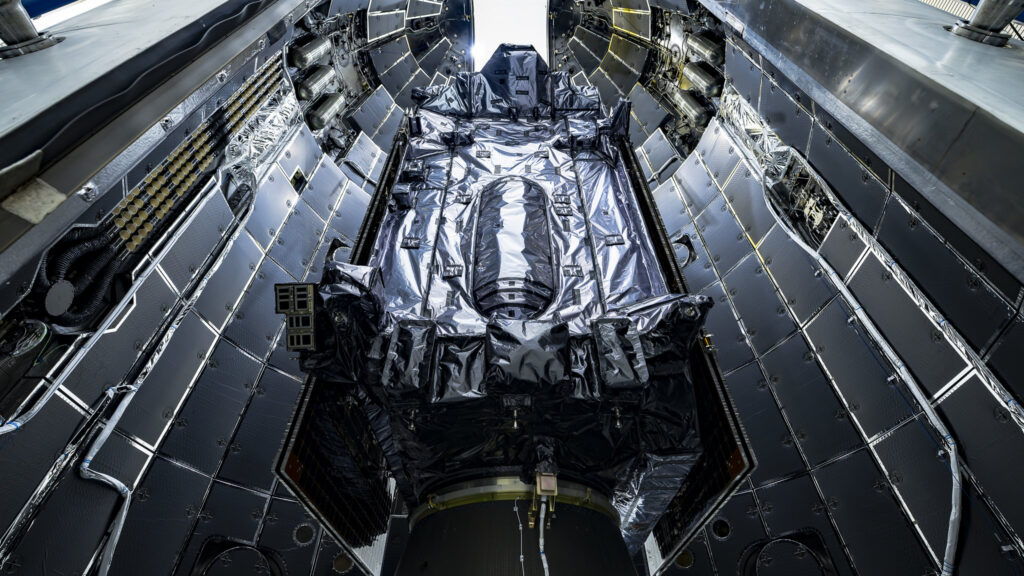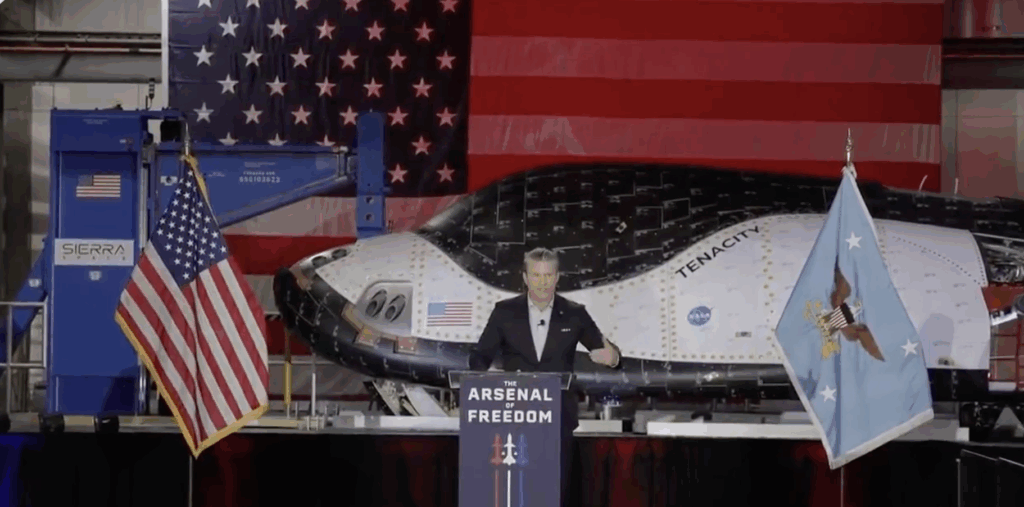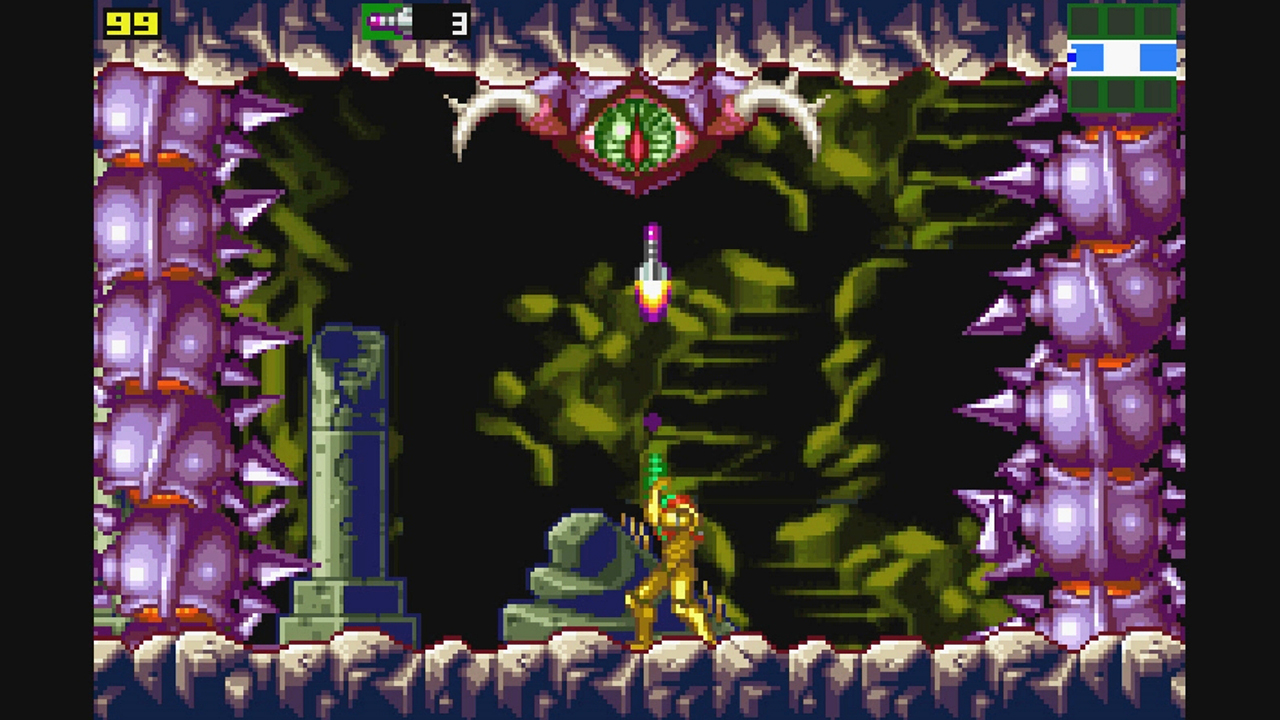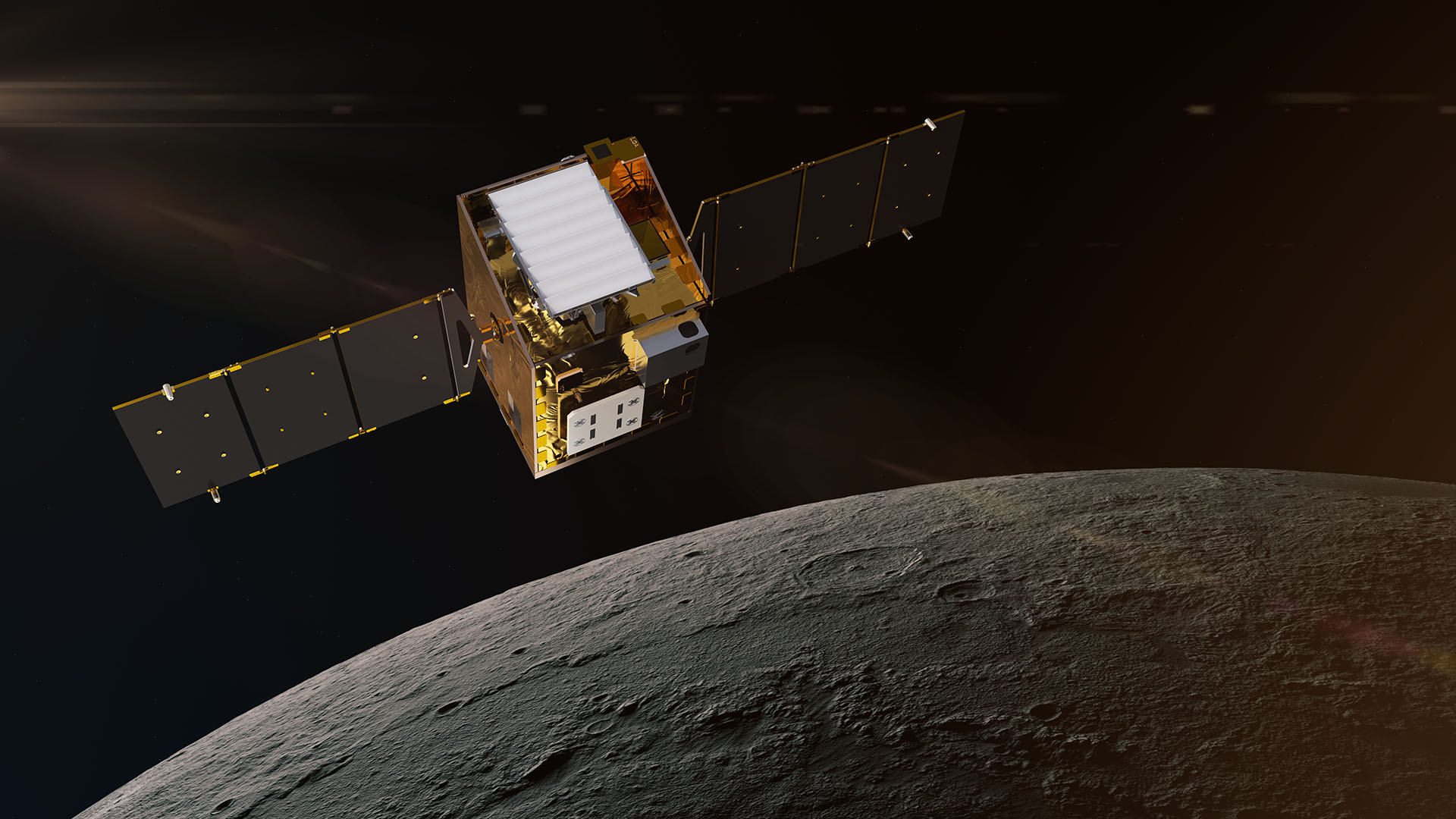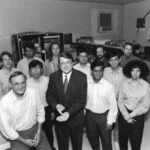Now Reading: U.S. Space Force taps 12 firms for $237 million small-satellite procurement
-
01
U.S. Space Force taps 12 firms for $237 million small-satellite procurement
U.S. Space Force taps 12 firms for $237 million small-satellite procurement
WASHINGTON — The U.S. Space Force has selected 12 companies for a 10-year, $237 million contract to develop and deploy small satellites under a new procurement initiative aimed at advancing military space technology through commercial innovation.
The agreement, known as the Space Test Experiments Platform (STEP) 2.0, is part of the Department of Defense’s broader Space Test Program (STP). Administered by the Space Force’s Space Systems Command, the indefinite delivery/indefinite quantity (IDIQ) contract allows selected vendors to compete for a series of task orders to build satellite buses—modular spacecraft that host experimental payloads.
Bids for STEP 2.0 were received in July 2024. The list of selected companies, announced May 1, includes defense and aerospace firms Lockheed Martin Corp. and General Atomics, as well as specialized space firms such as Blue Canyon Technologies, Loft Orbital Federal, Spire Global, Terran Orbital, and York Space Systems. Also named were Axient, Lynk Global, Orbit Systems, Turion Space, and the Utah State University-affiliated Space Dynamics Lab.
“The DoD Space Test Program will gain measurable value from leveraging industry insights and capabilities to provide proven spacecraft to host the DoD’s next generation of space technologies,” said Lt. Col. Brian Shimek, director of the DoD Space Test Program.
STEP 2.0 is designed to modernize the government’s ability to test and evaluate new space-based systems by tapping into the commercial small satellite market.
Under the contract, vendors will build and integrate small satellite buses capable of carrying a variety of military experiments and sensors. These buses, often the size of a microwave or small refrigerator, serve as standardized platforms that can be customized to carry diverse payloads.
The Space Test Program helps to validate technologies before scaling them for operational use. Historically, however, STP missions have suffered from delays due to difficulties aligning experimental payload development with available launch windows.
STEP 2.0 aims to streamline this process by securing a stable pipeline of commercial spacecraft and bundling multiple experiments onto single small satellites, which can then be launched via commercial rideshare missions. The program also supports experiments conducted on the International Space Station, offering access to the microgravity environment for scientific and defense-related research.
Stay Informed With the Latest & Most Important News
Previous Post
Next Post
-
 01Two Black Holes Observed Circling Each Other for the First Time
01Two Black Holes Observed Circling Each Other for the First Time -
 02From Polymerization-Enabled Folding and Assembly to Chemical Evolution: Key Processes for Emergence of Functional Polymers in the Origin of Life
02From Polymerization-Enabled Folding and Assembly to Chemical Evolution: Key Processes for Emergence of Functional Polymers in the Origin of Life -
 03Astronomy 101: From the Sun and Moon to Wormholes and Warp Drive, Key Theories, Discoveries, and Facts about the Universe (The Adams 101 Series)
03Astronomy 101: From the Sun and Moon to Wormholes and Warp Drive, Key Theories, Discoveries, and Facts about the Universe (The Adams 101 Series) -
 04True Anomaly hires former York Space executive as chief operating officer
04True Anomaly hires former York Space executive as chief operating officer -
 05Φsat-2 begins science phase for AI Earth images
05Φsat-2 begins science phase for AI Earth images -
 06Hurricane forecasters are losing 3 key satellites ahead of peak storm season − a meteorologist explains why it matters
06Hurricane forecasters are losing 3 key satellites ahead of peak storm season − a meteorologist explains why it matters -
 07Thermodynamic Constraints On The Citric Acid Cycle And Related Reactions In Ocean World Interiors
07Thermodynamic Constraints On The Citric Acid Cycle And Related Reactions In Ocean World Interiors













